Natural Sugar Substitutes: 6 Expert-recommended Healthy Sugar Substitutes You Can Try
Advertisement
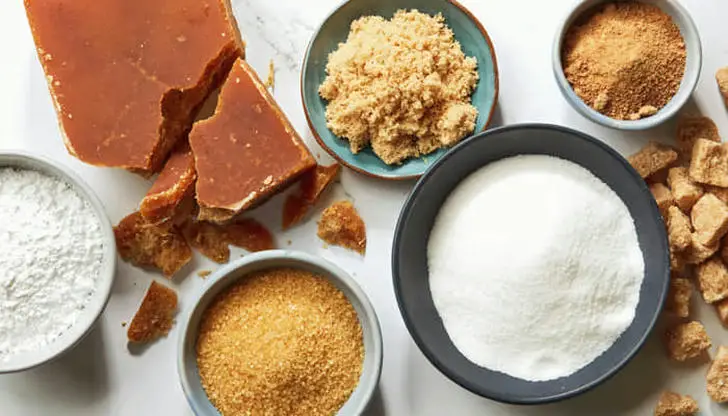
Sugar isn't evil, but a little goes a long way. Some experts even declare it a "poison" that "kills us". However, are the sweets people have been eating really so bad? "We actually need sugar; it's our body's fuel of choice," said David Katz, MD, director of the Yale Prevention Research Center. "But we eat too much."
Naturally occurring sugars - which sweeten fruits, some vegetables, and milk - are very healthy. It’s "added sugars", the sugars and syrups added to foods during processing, that you should not overdose.
How much is OK?
The American Heart Association (AHA) recommends that most women consume no more than 24 grams of sugar per day. That's about 6 teaspoons, or 100 calories - slightly less than a can of soda. The thing is, the average American woman eats about 18 teaspoons a day.
Sugar hides in unlikely foods, from salad dressings to cookies, that can get you over 24 grams. Check labels; if the first few ingredients contain sweeteners (some common aliases: evaporated cane juice, high fructose corn syrup, fruit juice concentrate, agave nectar, fructose, dextrose, and syrup), look for those with low or no sugar.
6 Healthy Natural Substitutes to Refined Sugar
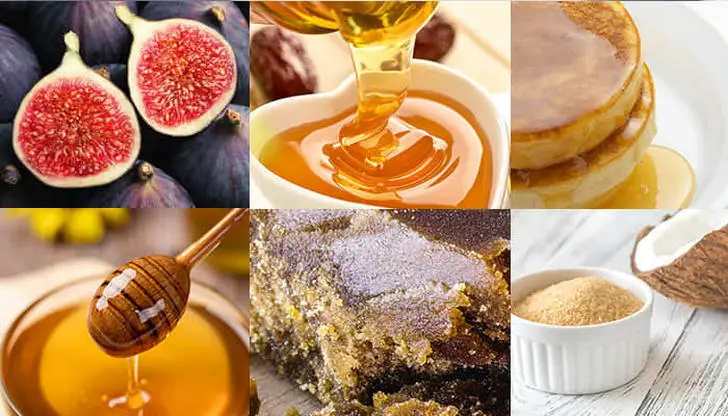
High-sugar diets are closely linked to diseases such as heart disease, diabetes, obesity, and fatty liver disease.
Now that we know the reasons to limit your sugar intake and why you should consider healthier and more natural sugar substitutes to boost your health, you may be wondering what the best options are to satisfy your sweet tooth. Here are 6 of the best healthy sugar substitutes you can try:
Raw honey
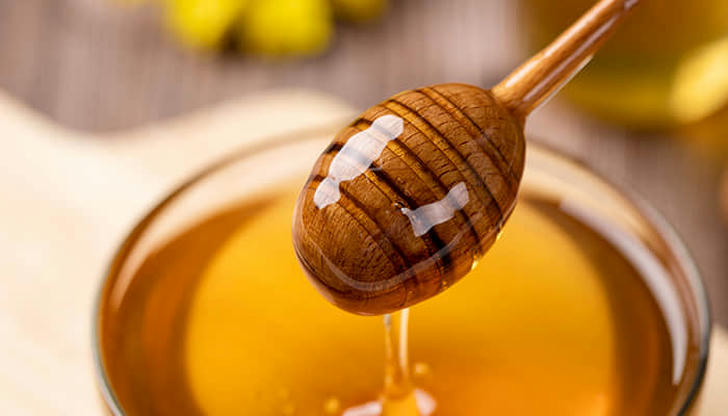
Honey has been used for nutritional healing and medicinal purposes since ancient times. Honey can be stirred with tea or spread on toast. It is a good substitute for white cane sugar in flavorful baked goods, hot drinks and sauces.
However, when I talk about honey, I mean raw honey. Many nutrients are lost during the standard processing of honey. Raw honey is composed of flavonoids, which means it is rich in antioxidants and has several antiviral and antibacterial properties.
Date sugar
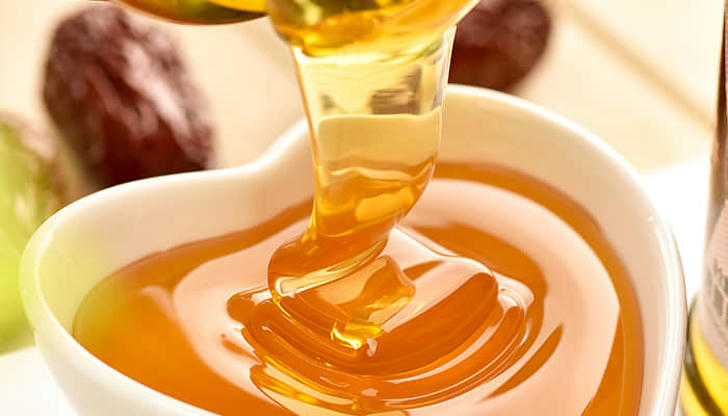
Date sugar comes from dehydrated dates. It's rich in antioxidants and has the added benefit of fiber. Due to its amazing binding and blending properties, date sugar works best with smoothies and cookies.
However, you need to keep in mind that date sugar is high in fructose; therefore, people looking to lower the sugar content should use it at very moderate levels.
Coconut sugar
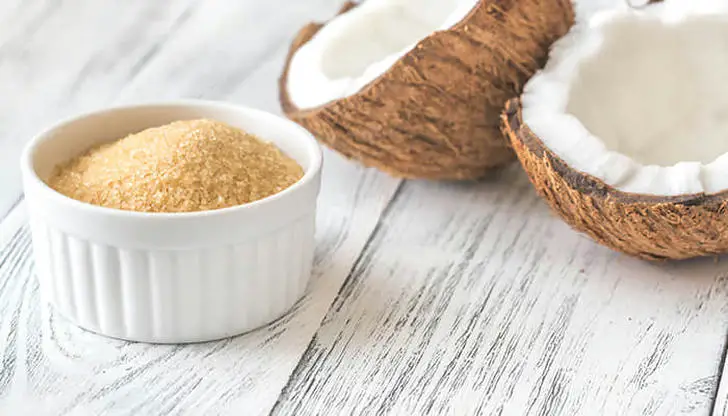
One of the great things about coconut sugar as a natural sweetener is that it adds its own texture and flavor to the main dish. For example, the earthy flavor of coconut sugar can add a new dimension when stirred in tea or coffee or sprinkled on waffles or pancakes, or even added to spicy curries. It retains the nutrients of coconut. It contains inulin fiber, so it is good for gut health.
Maple sugar
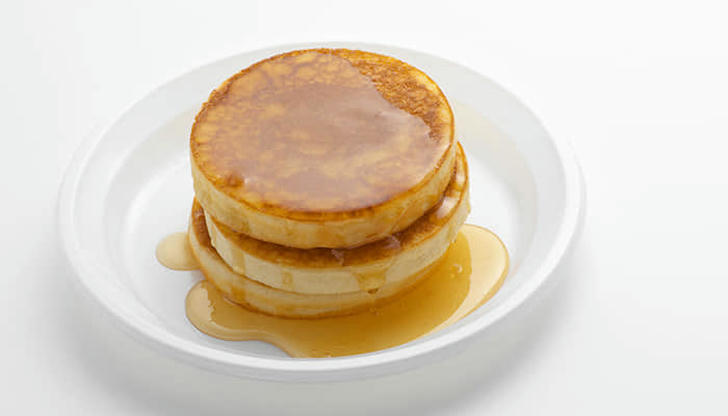
Are you someone who eats maple syrup pancakes for breakfast? Maple syrup is one of the best substitutes for white sugar and is completely unprocessed during extraction. Maple syrup contains powerful antioxidants, vitamins, and minerals, and can be used in a variety of sweet treats.
Fig
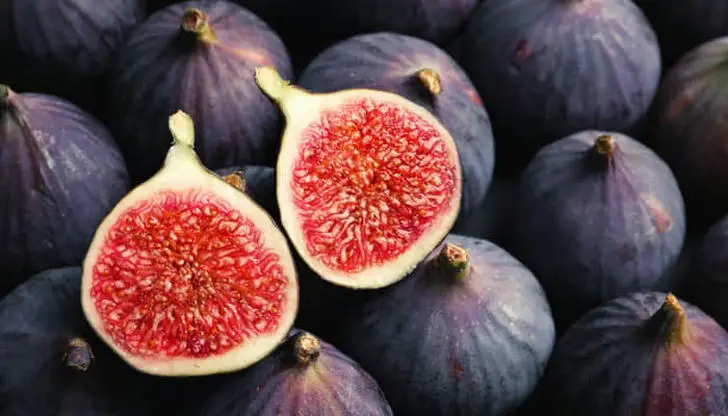
Figs are composed of very simple carbohydrates that are easily broken down. This means it doesn't raise your insulin levels like processed sugar does. Soak them in water, then puree them and say yes to healthy bone, blood and digestive system.
Jaggery
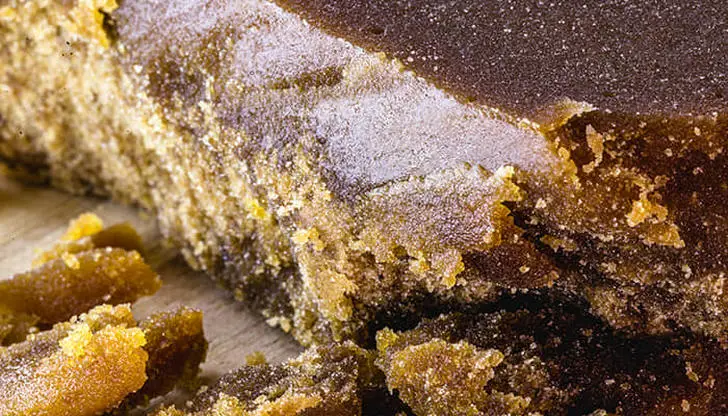
Jaggery is a natural sugar substitute derived from sugar cane. Due to its unrefined form, it is a powerhouse of essential vitamins, minerals, iron and antioxidants. Eating a small piece of jaggery after a meal activates your digestive enzymes. This is great for people with anemia and can increase the level of hemoglobin in your body. It can create many dishes such as jaggery halwas, jaggery kebab, jaggery laddoos and chikkis.
Try these natural and healthy sugar substitutes and stay healthy, especially if you are diabetic or watch your weight. But make sure that you practice in moderation, and consult your doctor before you add anything new to your diet.



